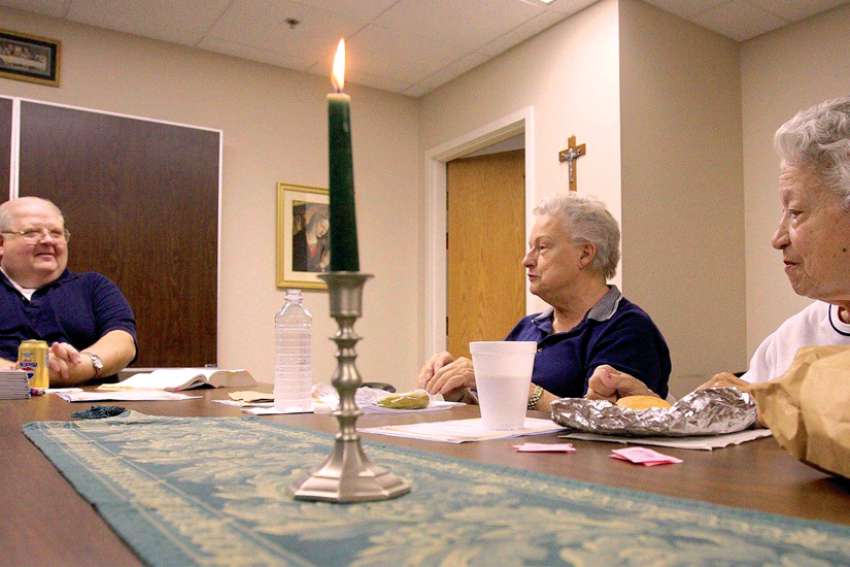Apart from being a faithful member of the parish for years or even as a catechist, a lector, a member of a committee, there is also a special way to be remembered — by designating a gift in a Will. Giving through an estate may come in different forms: being a donor, support to the refugee program in the archdiocese, contribution to the ShareLife fund and support to the Shepherds’ Trust to care for retired priests.
Wills and inheritance have a biblical foundation. In the Book of Genesis, we read that God promised Abram that He would give the land of Canaan to Abraham’s descendants (Gen. 12:7). Abraham later wondered who would inherit his estate because God had not yet given him an offspring (Gen 15: 1-6).
Customarily, only sons inherited the assets of their parents. In the Book of Numbers, we read that through Moses, God made it clear how inheritance or family assets of the Israelites could be passed on even if there were no sons in the family (Numbers 27:1-11). Every daughter who possesses an inheritance in any tribe of the Israelites shall marry only within her own tribe “so that all Israelites may continue to possess their ancestral inheritance. No inheritance of the Israelites shall be transferred from one tribe to another” (Numbers 36: 1-12).
In the New Testament, we read how St. Paul in his Second Letter to the Corinthians exhorted the Corinthians to generously support other communities of faith in difficulty. St. Paul taught that giving is an act of Christian charity (2 Cor. 8). Although the laws about inheritance in the Old Testament may not apply to us in our own time, from a biblical point of view, the laws and the teaching of Paul speak to us about stewardship. As Christians and people of God, we are responsible to ensure that the gifts — our assets — that have been given to us by God go to the right place. As stewards, we do that by preparing a legal document — a Will.
Have you ever considered leaving a bequest in your Will to your parish? What does your parish mean to you? Since the pandemic with its lockdowns, we have come to appreciate the importance of our parishes. We miss the activities in our parishes. We now recognize our parishes as our spiritual homes where we come together for spiritual growth and support, to share our sorrows, joy and love.
Our parishes are pillars of our spiritual strength. The parish church is the house of God where everybody is welcomed to pray and to quietly enjoy the presence of God. The parish church is where our families come to celebrate the Eucharist and the other sacraments. Finally when one of us passes on, the parish church is where we come together to offer a fitting farewell to our loved one — to celebrate a Funeral Mass and to offer prayers for our departed brother or sister.
A designated gift in a Will for the parish has the power to help shape the future of the parish. Your gift symbolizes your stewardship way of life even after your death. Even now we see around us beautiful things that make us remember parishioners whose stewardship to the church over the years we still enjoy today.
What do you need to do now? Think about what happens when you die without a Will. Estate planning takes time. You may need to do some reflection, pray over your plans and start early to make sure your designated gift to your parish will actually end up there.
Remember that the gift in your Will for your parish can help create a stronger community in which all will experience the love and peace of Christ — that will be your legacy of faith. Estate planning itself is an example of a stewardship way of life — sharing what we have acquired as stewards with others.
For information about leaving gifts to your parish in your Will, contact your pastor or the archdiocese.
(Fr. Acheampong is pastor of Our Lady of Peace Parish in Toronto.)


